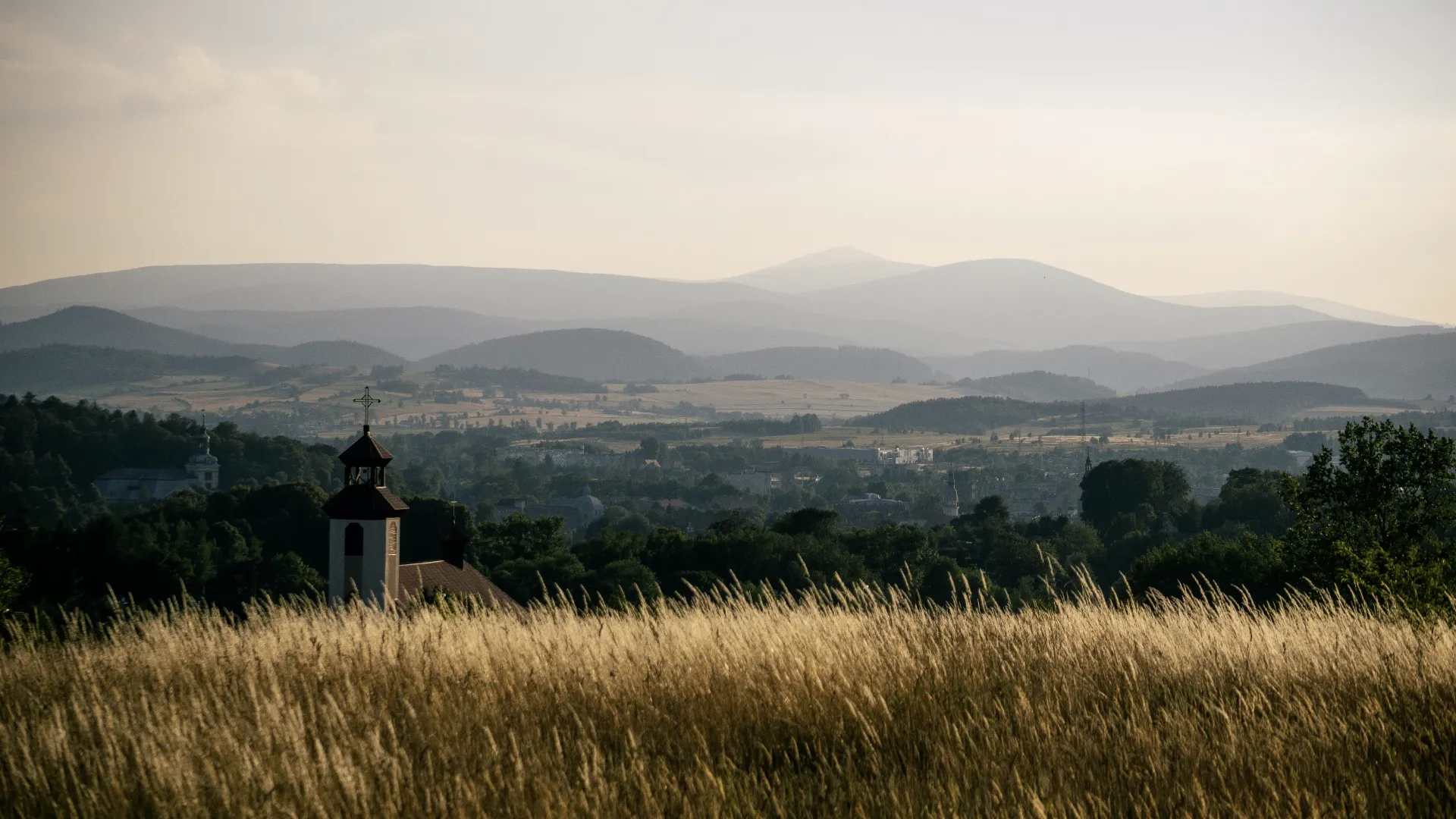What was the original sabbath day?
The Sabbath dates back to the very beginning of this world. In Genesis, the first book of the Bible, we learn that God created the heavens and the earth, filling them with life—stars shining in the night sky, fish swimming in the sea, birds soaring in the air, and humans formed in His image. For six days, He spoke the world into existence. Then, on the seventh day, He did something remarkable. He rested.
The Hebrew word for “rested” in Genesis is shabbat, which simply means to cease from working. God did not rest because He was tired—He rested to set an example, to establish a sacred pause in time. He “blessed the seventh day and made it holy” (Genesis 2:3). From the very beginning, the Sabbath was more than just a day—it was a gift, a time of renewal, a sacred appointment between the Creator and His creation.
The Sabbath in the Ten Commandments
Centuries later, when God spoke from Mount Sinai, He reaffirmed what He had already established at creation. Among the Ten Commandments, one began with a word no other commandment used:
“Remember the Sabbath day, to keep it holy.” (Exodus 20:8)
God knew people would forget. He knew that over time, human traditions and distractions would push the Sabbath aside. But His command remained clear. Six days were given for work, but the seventh day was to be a day of rest, just as it had been from the beginning.
This was not just a command for one nation. The Sabbath was never meant to be a ritual only for Israel—it was a creation ordinance, given to all of humanity before there were any distinctions between nations, before sin even entered the world. The Sabbath was a reminder of who God is—the Creator—and of who we are—His creation.
Which Day Is the Sabbath?
The Bible is precise. The Sabbath is the seventh day of the week. Jesus Himself kept it, not out of obligation, but out of love for His Father. It was His custom to worship on the Sabbath, to teach, to heal, and to restore lives (Luke 4:16). Even in His death, He honored the Sabbath, resting in the tomb before rising on the first day of the week (Luke 23:54-56, Luke 24:1).
Throughout history, the Jewish people have preserved the Sabbath. They have kept it from the time of Moses until today, never wavering on which day it falls. The seventh day, the day we now call Saturday, has always been the biblical Sabbath.
Has the Weekly Cycle Ever Changed?
Some wonder if time has shifted, if the weekly cycle has been altered, making it impossible to know the true Sabbath. But history and astronomy confirm that the seven-day week has remained intact from ancient times to today. Calendar changes, such as the switch from the Julian to the Gregorian calendar in 1582, never interrupted the sequence of the days. Friday still followed Thursday, and Saturday remained the seventh day of the week.
Even science confirms what Scripture has declared all along—the Sabbath has not been lost. It is exactly where God placed it at creation.
Does the Resurrection Change the Sabbath?
Some believe that Sunday, the first day of the week, became the new Sabbath because Jesus rose from the dead on that day. But nowhere in Scripture does God declare a change. Instead, Jesus gave His followers a different symbol of His resurrection—baptism (Romans 6:3-6).
Nowhere in the Bible do we find the Sabbath being transferred to Sunday. The apostles continued to keep the Sabbath long after Jesus’ resurrection. Paul, who traveled extensively to preach the gospel, regularly gathered for worship on the seventh day, teaching both Jews and Gentiles (Acts 17:2, Acts 13:42-44). The Sabbath was not abolished. It remained a sign of God’s unchanging law.
Why Does This Matter?
The Sabbath is more than just a day of rest—it is a symbol of trust. It is an act of faith, a declaration that God is our provider, that we do not sustain ourselves by endless labor. It is a sanctuary in time, reminding us that we were not made for ceaseless toil, but for communion with our Creator.
Jesus said, “If you love Me, keep My commandments.” (John 14:15). The Sabbath is one of those commandments. It is not a burden—it is a blessing.
For thousands of years, the seventh-day Sabbath has remained, untouched by time, unchanged by human traditions. It began at creation and continues to stand as a testament to God’s love, His authority, and His desire to be close to His people.
The question now is—will you honour the Sabbath as God intended? Will you embrace the day He set apart for you?
The Sabbath still stands. The invitation remains.
Will you enter into His rest?
Do you have more questions about Sabbath?
